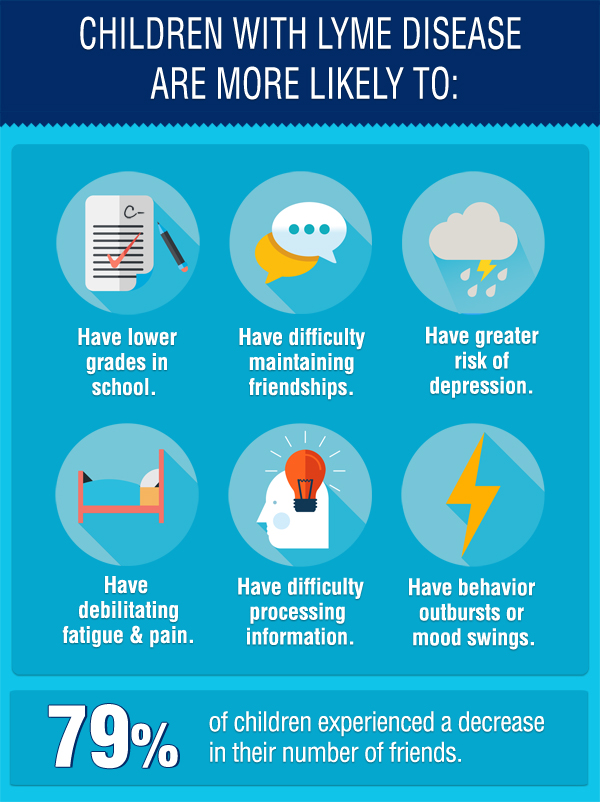-
Ambien Zolpidem Usage Guidelines
Ambien is to be taken orally once a day, just before bedtime. The recommended dosages are as follows: Patients under the age of 65: Initially 1 pill (with the option to increase the daily dosage to 1.5-2 pills if necessary). Patients aged 65 and older: The initial single dose is 1/2 of a pill, with a maximum dose of 1 pill. The treatment course should not exceed 4 weeks.
-
Possible Side Effects
Potential side effects of Ambien may include:
- Confusion
- Memory impairment
- Blurred vision
- Nightmares
- Drowsiness
- Headache
- Vertigo
- Abnormal gait
- Agitation
- Stomach pain
- Nausea
- Vomiting
- Diarrhea
- Skin rash
- Itching
- Risk of addiction with prolonged use
-
-
Special Instructions
Patients with respiratory and liver failure should exercise extreme caution when using the drug. Throughout the treatment, it is essential to avoid engaging in potentially hazardous activities that demand a high level of concentration, such as driving or operating machinery at heights. Ambien may potentiate the effects of other central nervous system depressants. If a patient continues to experience insomnia even after 7-14 days of treatment, their condition should be reassessed. Such a paradoxical reaction is often a result of underlying mental health disorders. During the course of Ambien treatment, individuals should refrain from driving or participating in activities that require heightened concentration. Some individuals, particularly the elderly, may experience unusual mental reactions and behavioral disorders while on Ambien. In such cases, the treatment should be discontinued immediately. Patients with liver diseases may experience the accumulation of the main active substance in the body, leading to undesirable consequences. Elderly patients should use the drug with caution due to their increased susceptibility to muscle relaxant and sedative effects, which can result in falls and injuries.
During Pregnancy and Lactation
The effects of Ambien on pregnant women have not been extensively studied. However, studies conducted on rats have indicated a teratogenic effect, raising concerns about its use in pregnant women. As a result, Ambien is not recommended for use during pregnancy. Moreover, Ambien can pass into breast milk in small quantities. Consequently, breastfeeding should be discontinued during the treatment period.
Clinical Presentation of Ambien Poisoning
The administration of high doses of Ambien may lead to adverse effects, including nausea, vomiting, headaches, dizziness, confusion, anterograde amnesia, and faintness. While Ambien tends to extend stages III and IV of sleep and rarely causes tolerance, rebound insomnia, or addiction, there is insufficient data on its long-term abuse and tolerance. Some patients have reported chronic abuse, tolerance, withdrawal symptoms, and even hallucinations associated with Ambien usage. Two patients reported experiencing psychotic symptoms within 30 minutes of ingesting 10 mg of Ambien, with the state lasting less than 30 minutes. These patients had no recollection of the events upon waking up.
Overdose
Overdosing on Ambien can result in coma, miosis (pupil constriction), and respiratory depression. Patients may also experience drowsiness, dizziness, and vomiting. In a reported case, ingestion of 39 pills of Ambien did not induce a coma, despite medical assistance being sought only after 6 hours. Other observed symptoms in overdose cases include hand and extremity tremors, perioral region tremor, muscle cramps, myoclonus (muscle jerking), double vision, abdominal pain, and difficulty swallowing. Withdrawal from the drug may lead to epileptic seizures.




